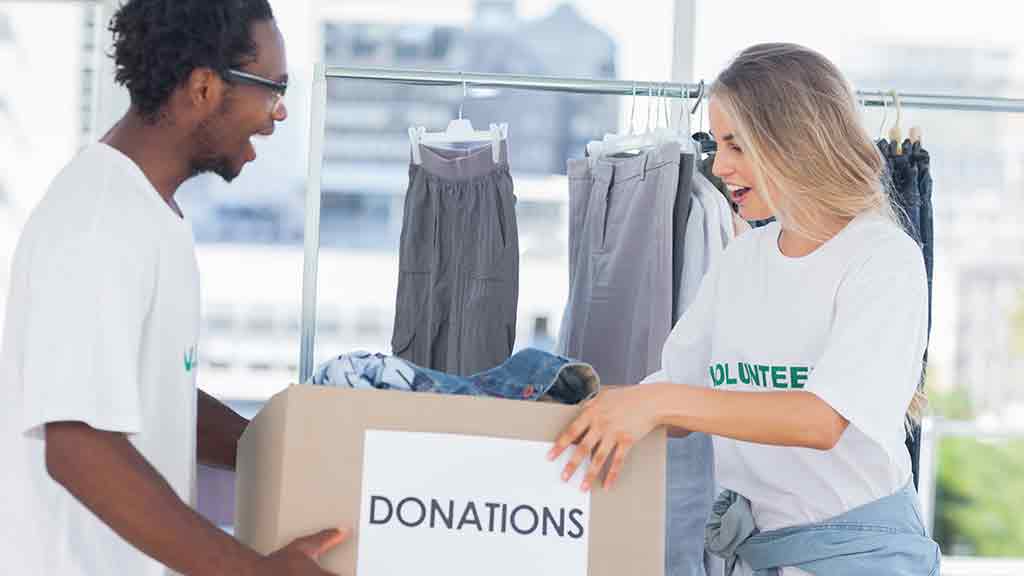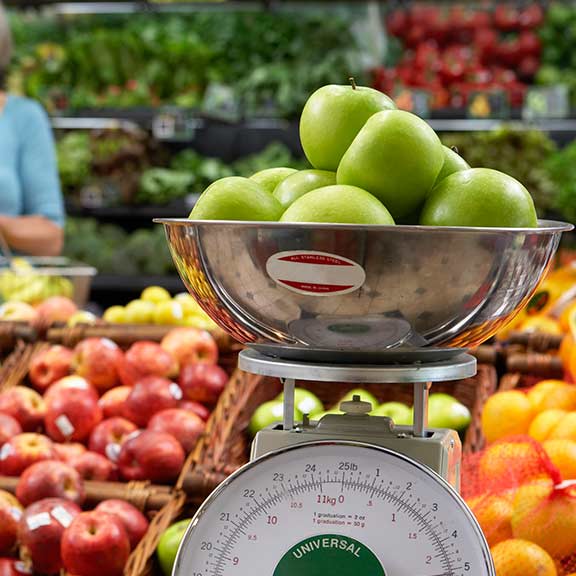If you care about doing the right thing, it pays to do some research before you spend your money – or give it away. Buying ethical products and choosing ethical charities isn't always easy, luckily CHOICE has some great tips.
Ethical buying and giving
Ethical buying and giving
Is your money going to a good place?

Buying guides
How to give to charity so your donation really counts
Our expert guide to giving generously.
Articles
How ethical is your favourite chocolate?
Child labour and deforestation are slowly being addressed, but are manufacturers really cleaning up their supply chains?
8 things I won't be buying new in 2025 (and the few things I will)
In an effort to be more mindful about my consumption, I'm committing to a no-buy list.
Will new protections put an end to migrant labour exploitation?
An update to the Migration Act allows workers to blow the whistle on employers who do the wrong thing without jeopardising their visas.
Can that charity asking for your money be trusted?
There are some checks you can do to avoid donating to organisations that may not be trustworthy.
Ending the silence on migrant worker exploitation
Reforms aimed at allowing migrants on temporary work visas to demand fair payment are expected to be enacted this year.
Melbourne-based pharmaceutical company's bloody business offshore
Australian company CSL exploiting plasma donation laws on the US-Mexico border.
Excessive contact from charities leading to donation fatigue
With over 60,000 charities in Australia vying for funds, some donors feel they're being harassed.
How to buy better and more sustainably in the EOFY sales
Avoid sale fails and make sure your bargain isn’t burdening the planet this EOFY.
How to choose sustainable appliances
Your guide to buying new appliances that are better for you and the planet.
ACCC investigation reveals misleading green claims are rife
The consumer watchdog has conducted an online sweep of business’s environmental claims and vows more action to come.
Eco and sustainability labels you can trust
How to make sense of all the green and ethical claims on products and services, and know which ones are legitimate.
Government urged to strengthen Modern Slavery Act
The Modern Slavery Act is under review and human rights advocates are calling for tougher measures against offenders.
Is your Indigenous souvenir the real deal?
When it comes to the Aboriginal souvenir trade, copies, imports and confusion abound. But there are ways to tell if an item is authentic.
What is ethical and sustainable shopping?
A guide for 'conscious consumers' on using your purchase power to support the issues you care about.
Ethical shopping on a budget
How to find cost-effective ways to keep your shopping list green and your budget in the black.
Fears modern slavery will increase as temporary migration resumes
Experts are concerned that key reforms and protections for workers have yet to be enacted.
One third of companies failing Modern Slavery Act
Experts say putting the onus on the market to hold firms accountable for modern slavery is failing.
10 ways to be more sustainable in 2022
Simple ways to reduce your environmental impact and turn over a new green leaf.
How to shop sustainably in the Boxing Day sales
Seven tips on how to make more sustainable choices when shopping the sales this Boxing Day.
Is Australia waking up to its textile waste problem?
In recent months, a number of government and industry initiatives have been launched in an effort to put the brakes on textile waste.
Are consumers as ethical as they say they are?
Evidence shows the 'ethical' shopper doesn't always put their money where their mouth is.
Related

Shopping
Know your rights, know when you're being manipulated, and most of all know where to sniff out the best bargains.

Taking action and making a complaint
Don't just yell and scream to let off steam, get the outcome you want with some targeted complaining.

